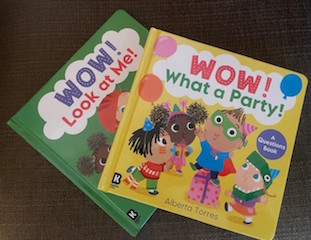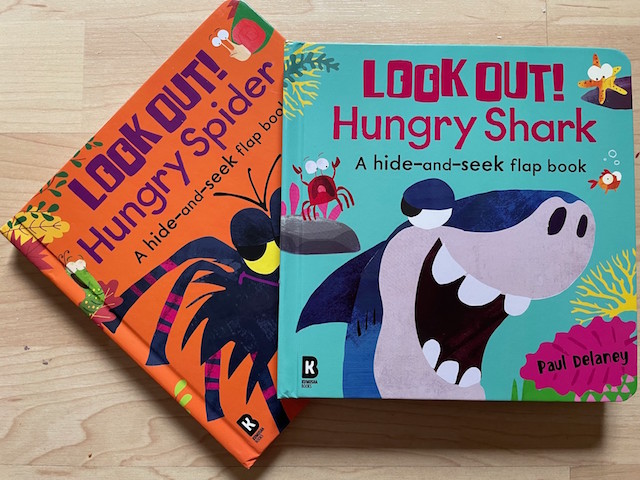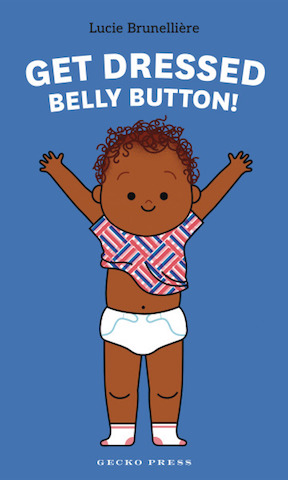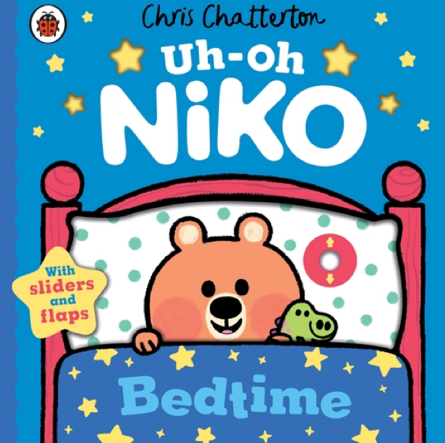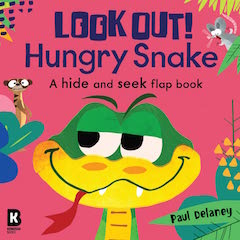For some mums and dads talking to their baby is the most natural thing in the world and they chat away without any feelings of self-consciousness. Others find it extremely embarrassing and often find themselves at a loss for what to say. Parents have to overcome any shyness as talking to infants is one of the best ways to stimulate their interest as well as promote speech and research has confirmed that when a mother talks, the baby listens.
In fact a baby is fascinated by her mother and responds to the sound of her voice. It may sound like a monologue to you, but if you pause between sentences or after a question, your baby will respond - with a gurgle or a giggle or maybe a coo or a smile. These are his earliest lessons in speech and they will be recalled later when he is beginning to use words himself.
The art of conversation
- Look into the baby’s eyes to hold his attention and talk directly to him.
- Always call the baby by his name and he will learn to make the association between that word and himself. In the same way call yourself mummy or whatever - don’t use “I” and “you” until much later.
- Use actions to illustrate your words - for instance wave while you are saying, “Wave bye bye to Daddy”.
- Sing nursery rhymes like Round and round the garden like a teddy bear and do the actions.
- Read from books - you can never start too soon and there is such a wide and colourful choice. Board books are great as they can be wiped clean. Point to the pictures and name the things and talk about what is happening in the illustrations.
- Relate things to him personally - when you’re dressing him say “let’s put Oliver’s arm in the sleeve”.
- Describe what you are doing: when you’re preparing lunch say, “Look Mummy’s peeling the potatoes” or when you come in: “Mummy’s just going to shut the door”.
- It may sound silly but ask questions which will naturally amplify the sound at the end of the sentence and will keep your baby’s attention.
- Pause to listen to your baby’s replies, smiling and nodding encouragingly as he babbles on.
- Use lots of facial expressions and gestures, these make what you are saying much clearer and more interesting to the baby.
- If you feel silly or embarrassed using baby talk, don’t. Just talk to your infant naturally as you would an older child. Soon you will feel much less self-conscious. And how a mother talks is more important to the baby than what she is actually saying. You could read the telephone directory in an interesting voice and she’d find it fascinating!
- Make sure you have some time to talk alone with your baby especially if you have older children who are more able to demand your attention and conversation.
- Relax and enjoy this brief period in your offspring’s life - it won’t be long before you can’t get a word in edgeways!
